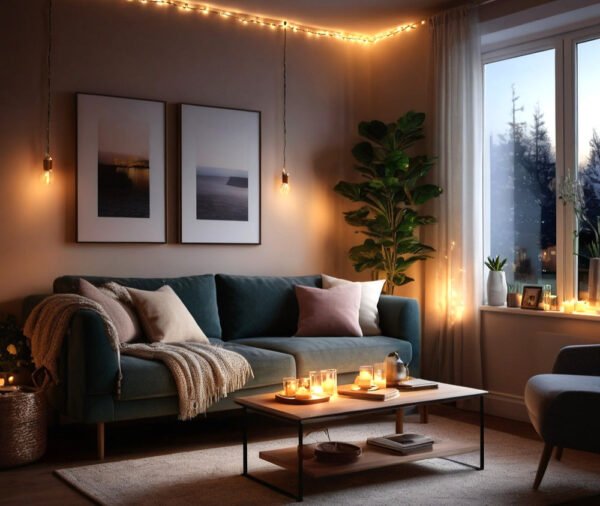
Have a Sweet Slumber This Winter
Have a sweet slumber this winter
New research has shown that there is a correlation between the dark winter months and a rise in people suffering from insomnia.
How have you been sleeping lately? Are you also missing the sun?
Studies have discovered that the number of sufferers of insomnia, fatigue and lower moods are higher in the dark winter months. The research has shown that people who live in countries which are exposed to little daylight in the winter are more likely to suffer insomnia, as the lack of natural daylight can have a negative effect on circadian rhythms and worsen sleep.
A bad nights sleep can easily affect your mood, make you less productive and even cause you to crave unhealthy food – Imagine how you’ll feel after multiple nights of little to no sleep.
Did you know that 1 in 3 people in the UK are currently suffering with sleep problems? And with 1 in 4 women feeling that they are on the verge of burnout, it’s not surprising we are always reading about celebrities being hospitalised from exhaustion caused by hard working lifestyles and little sleep.
Victoria Secret model, Bridget Malcolm, says: “I was a chronic insomniac for years. There’s been many times where I’ve turned up on set for a job with zero hours sleep. It gets ridiculous.”
Jennifer Anniston, said: “Sleep is a tough one for me. My brain, the committee in my head, if I wake up at 3am I just start having conversations and they won’t shut up and then I can’t get back to sleep.”
As the darker days approach, here are our top 5 tips to help you combat insomnia naturally:
Put down the caffeine (Can you believe we’re actually saying this?!)
If you are having problems sleeping, you should avoid eating or drinking anything containing stimulants. Caffeine can stay in your system for up to 12 hours so you should stay away from tea and coffee from about 12 noon onwards and try herbal teas instead.
Martina Della Vedova, nutritionist from Natures Plus, says:
“Calming herbal teas such as chamomile, passionflower or valerian, or specific sleep blends can be helpful to drink before bedtime.”
Separate Work and Play:
To make sure you get a good night sleep, it is crucial that your environment helps, not hinders your all-important slumber.
Shona Wilkinson, from Superfood UK, says:
“Establish the mood of the room that you sleep in, making it a calm and relaxing environment. This includes the colour of the walls, bed linen and décor and avoiding very bright, stimulating colours. Make sure you keep work out of the bedroom, as well as distractions like mobile phones, computers and TVs.”
Nature’s Tranquiliser:
Magnesium is known as ‘nature’s tranquiliser’ and helps relax our muscles; it is also needed for conversion of tryptophan to serotonin and melatonin, which helps you sleep.
Martina says:
“Make an effort to include plenty of magnesium-rich foods in your diet such as buckwheat, pumpkin and sunflower seeds, fish and seafood, leafy green vegetables such as spinach and kale, and dried fruits such as dried apricots or figs.”
Clear Your Mind.
One of the most common reasons we are kept up at night is feeling anxious or worrying about the next day. Nutritionist and weight-loss expert, Lily Soutter, says that you should try and clear your mind before bed:
“At least an hour before bed, put together a ‘to do’ list. This can prevent worries or mulling over tasks for the next day whilst trying to sleep.”
Breathe In Breathe Out:
Make an effort to relax before you get into bed. Your mind can also be put to rest with a few deep breaths of some calming essential oils, as Dr. Marilyn Glenville, author of Natural Alternatives to Sugar, explains:
“Consider using some aromatherapy oils, such as bergamot, lavender, roman chamomile and marjoram in a warm bath, just before bed. A few drops of aromatherapy oils on your pillow at bedtime, or used in a vaporiser, can have the same effect.



















































